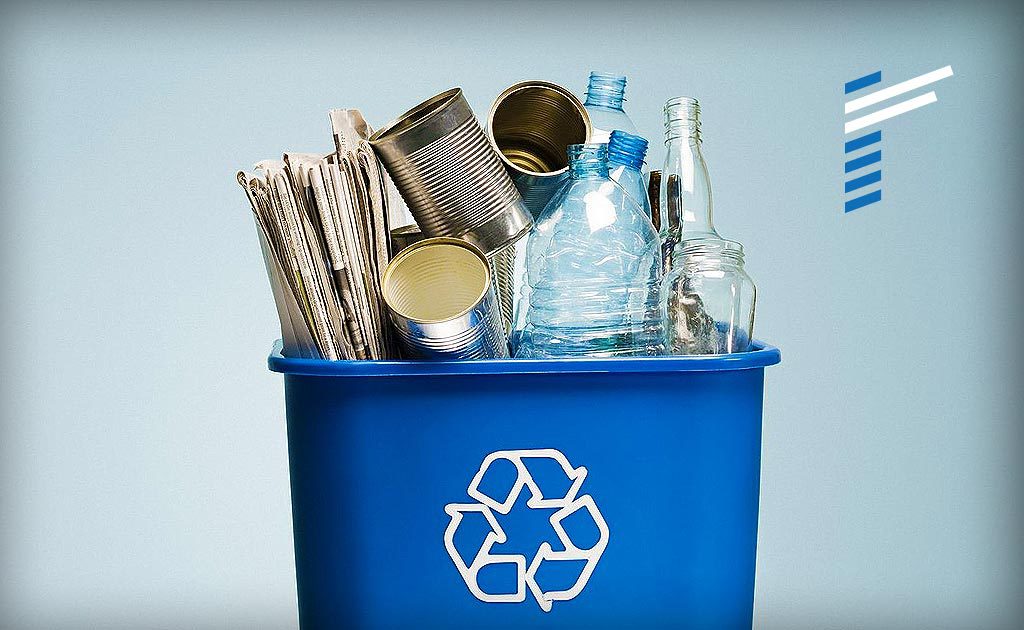Background
The waste collection sector is responsible for the collection, transportation, and disposal of various types of waste materials generated by households, businesses, and industries. It plays a crucial role in maintaining public health, sanitation, and environmental sustainability.
In recent years, there has been a growing emphasis on sustainable waste management practices, such as waste minimization, circular economy approaches, and the promotion of environmentally friendly alternatives to landfilling. The waste collection sector plays a vital role in implementing these practices and adapting to emerging technologies and innovations in waste management.
Our client operates waste collection services, transport, and treatment of waste, serving the population in and around Brazil. It is one of the largest companies in its field in South America.
We were brought in to conduct a three-week analysis of the client’s operations, and identified the following issues:
- Under-utilisation of the truck fleet
- Excessive costs of the support operation
- Operational problems causing delays
- Decentralized and uncontrolled Purchase & Supply (P&S) process
We also uncovered potential risks of inadequate investment, and an additional issue that, if left unchecked, would pose a potential threat to the client’s image. In broad terms, five main areas needed improvement revolving around management, planning, maintenance, scheduling, and behaviours.
Project Approach & Implementation
Together with the client, we developed brand-new management control systems (MCSs) that gave planners real-time information on key activities and results that included daily review meetings, analysis of results per shift and actions taken during the shifts. Stakeholders were involved in every step of the process, and they obtained a clear view of all critical results.
We also developed the implemented the following solutions:
TRAINING FOR DRIVER NEEDS
- Capability to interpret maps (collection plans)
- Knowledge of Operational Procedures
- Role as Collection Team Leader
TRAINING FOR MAINTENANCE
- Understanding of Monthly/Annual Budget
- Activities Lists
- Table of Standard Times
- Base Period Performance
- Master Plan
- Daily Workshop Program (Preventive Maintenance)
- Maintenance Corrective Action Requests
- Service Orders
- Individual allocation cards
- Database of workforce and Service Orders
PURCHASING & CONTRACTING
- Implemented a system that enhances control and performance measurement of the areas
- Implemented a contracting process flow that allows faster and simpler capacity adjustments
- Knowledge of work tools (truck and compactor)
- Understanding of their role with the broader organisation development of action plans and a weekly cycle
- Use of icons to aid recall
- Coaches who were involved in the operation and understood the needs created an innovative model to centralise and increase efficiency and effectiveness
- Restructured the organisation for more accountability
Key Results
Up to US$1.1 million
In operational savings
Over US$400k
Savings in purchasing & contracting costs
Over US$200k
Savings in maintenance costs
Due to a number of municipality issues, the client achieved total savings of approximately US$600,000, making the transformation project cost neutral. There were, however, a host of qualitative benefits that will ensure sustainability including:
OPERATIONS
- Better organization, control and consistency of operation & workforce
- Agility in correcting deviations
- Change of pro-active posture at all leadership levels
- Reduction of labour risks
- Team discipline toward daily performance indicators Database of workforce and Service Orders
MAINTENANCE
- Better supervisory follow-up and team productivity
- Change in posture and pro-activity to lead the teams
- More effective meetings and follow-up actions
- Creation of a standard time registry for activities resulting in better control over performance and workforce
PURCHASING & CONTRACTING
- Less risk in internal control of service contracting
- More transparency in quoting process, assuring that suppliers will receive the same level of information during the process
- Contract database streamlined and updated, enabling better financial and tax internal control
- More than 4,000 obsolete items deleted from updated database










